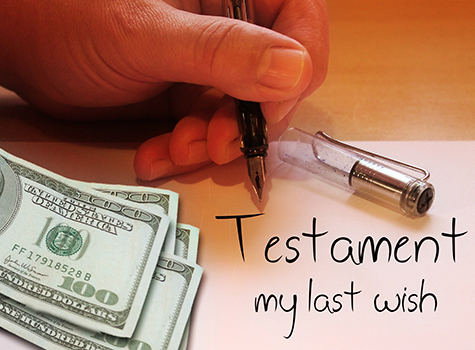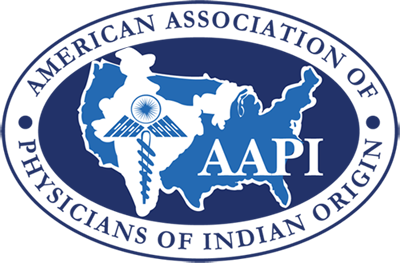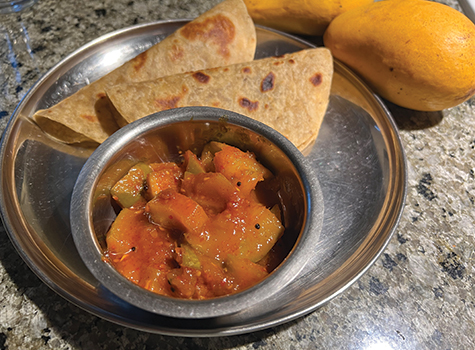By Shyama Parui

People meet, hit it off, hang out, hang out again and before you know it, they are friends. And then come the stories, about that epic trip to Goa or Vegas or on the flip side, the fist fight you got into with your “frenemy”. You may still remember the person you confided in, when your first Valentine sent roses or the one who listened patiently when you talked endlessly about your romantic trials and tribulations. In life, good friends are like the sugar dissolved in lemonade. You can probably drink it sour but adding those sweet, white crystals in the right amount, makes your tastebuds do cartwheels. They are the Veeru to your Jai or perhaps the Samantha, Miranda, and Charlotte to your Carrie.
What lies in the heart of friendship?
With the passage of time and changing circumstances, the definition of friendship evolves and folks who fit that definition can and often change. When we first meet someone, most of us do not pre-determine the parameters of a potential friendship nor do we consciously evaluate the person’s ability to fulfill them. Our acceptance or realization of a connection tends to occur either impulsively or gradually. If the interaction is too intentional, vested interests may be lurking beneath the surface. Personally, with my independent spirit and introverted nature I believe in quality over quantity. My close pals include those who genuinely care about me. I don’t have to worry about impressing them or wonder if they are judging my family.
So, I often wondered why friends were conspicuously absent from my parents’ lives. My father handled his numerous acquaintances, relatives, neighbors, and business associates while my siblings and I hung out with a loyal band of friends. On the other hand, my mother usually socialized with her siblings. My aunt who lived down the street was Maa’s confidante and sounding board. Despite ups and downs, these sisters stuck together. They were loyal movie companions who planned on watching the first day, first show of every release with Dharmendra in it. Correspondingly, they also comforted each other through somber rituals of bereavement. Perhaps, their friendship just looked different than mine.
Can friends cause heartache?
While Galentine’s Day and bromance are worth celebrating, friends often get a bad rap. When we got into trouble as kids, our parents could immediately identify our partners in crime. And the worst punishment in school was being separated from your “best friend” in the seating chart. That was probably stemming from the teacher’s wisdom gained through years of experience. These days, inane challenges shared by “friends” on social media urges teen groups to do participate in bizarre activities such as, throwing eggs on passing cars. Yikes!
It is true that individuals tend to engage in poor conduct when they are egged on, so to speak, by their posse. During adolescence, angst or even isolation can rise if individuals are struggling with friend related complications. At that confusing phase of life friends can be invaluable, but they can also turn into your enemies.
Unfortunately, peer pressure is not limited to younger age groups. Seemingly mature individuals fall prey to its dangers. Giving in could mean bowing to demands made by a dominant “friend” to dress a certain way or purchase certain brands or by simply agreeing to every suggestion made by the clique. While childhood gave us the freedom to fight, swear katti (cut off) and take a break from mean kids, as adults we may tolerate superficial or even hurtful people far longer than we should. Maybe your stomach churns at the recollection of your friend’s betrayal, yet you feel obligated to invite them to your next soiree. Our social circle gets entangled by the ties to our spouse and/or children making it hard to detach from folks who fail to be decent to us. It could also be the result of our own misguided rationale for holding on to them or an unwillingness to face a confrontation.
Is it time to unfriend?
After reaching my milestone birthday of 40, I realized that I have probably completed at least half of my life and I resolved to spend the second half (or quarter) making myself happier. The onset of the pandemic reinforced that resolution. With youth slipping from my grasp, self-care has become vital. If I am unable to respect or trust someone, I have given myself permission to steer away from them. In the absence of mutual respect and honesty, there is simply no need for closeness. Toxic individuals demanding conformity or scheming to control you should have no place in your life. Certain affiliations can create conflicts of interests or on the rare occasion, threaten the safety of loved ones so, snipping those links are essential. Depending on the severity of the transgressions, unfriending could be temporary like a trial separation or have the finality of a divorce without the complications of a marriage and for all you know, it could be therapeutic.
As I introspect on this subject, I realize the importance of being a more authentic friend and I vow to treasure the true gems who make me happy even when I am drowning under work, overwhelmed, or just miserable.
Shyama Parui is a longtime North Carolina resident and an ardent writer. You can reach her at Shyamashree_Parui@hotmail.com



